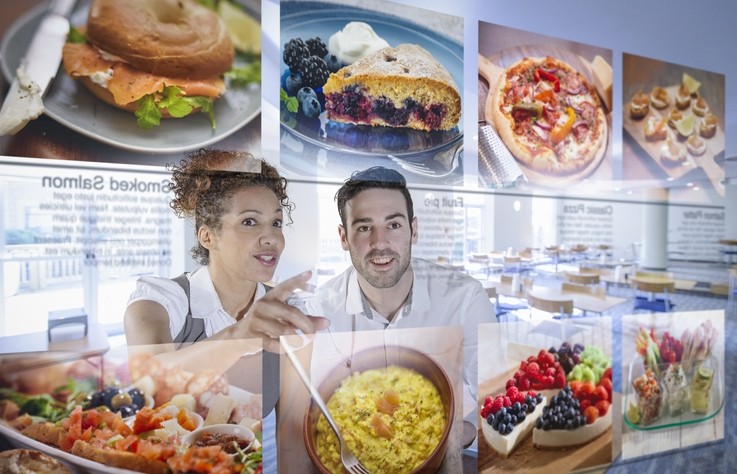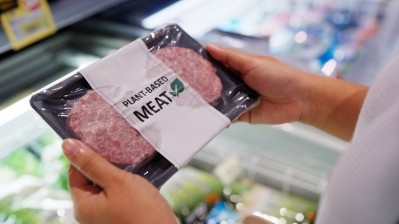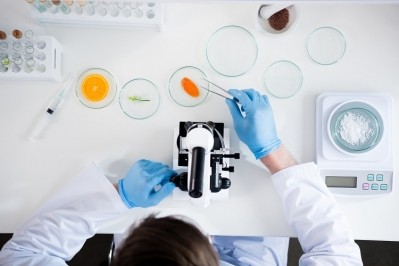The winners and losers of slowing food tech investment

Venture capital investment into food tech globally has increased 40 times in the last ten years, reaching a new high of £26.9 billion in 2021, according to figures compiled by innovation charity Nesta. But it also notes a sharp drop off in VC investment in 2022, with venture funding for food tech start-ups falling by more than 50% compared to 2021. This ties with the State of Venture report released in January by CB Insights, which discovered the global venture ecosystem experienced a sharp pullback in 2022, with funding dropping by 35% from 2021.
A big potential loser will be peoples’ health, according to Nesta. For example, food tech financing has been dominated by one category. Food delivery and logistics have attracted around 60% of venture capital investment in 2017-2021, equating to around £11.2 billion per year on average.
This growth is “concerning”, as takeaway and grocery delivery app platforms are “the most likely technologies to increase obesity”, it complained. Instead it demanded that new technology, processes, and ideas must “be directed towards providing more healthy food options if we are to reduce obesity and improve the nation’s health”.
But the situation, in a certain ironic twist, does open innovation opportunities. For example, patent applications related to reducing calorie content have increased by 165% in the last decade, outperforming global patent growth, Nesta revealed.
Even more notably, it estimated that innovation in food patents that increase satiety has grown by about 580%. This significantly outperforms the global trend of approximately 70% growth in patent applications between 2010 and 2020.
Complementing this patent innovation, its analysis also found encouraging signals regarding the flow of investment into start-ups using food science to create new ingredients and reformulated products for healthier food. These start-ups range from those specialising in artificial sweeteners or products enhanced with dietary fibre to software platforms enabling various types of food reformulation. Investment in the area has increased almost 25 times between 2017 and 2021.
Personalised nutrition venture capital funding has also grown 552% to reach £500 million in 2021.
However, estimates of the overall yearly investment amounts – £70 million – are small in comparison to most other types of food innovation, indicating that this is still an emergent trend in venture funding.
Nesta’s report therefore included recommendations including giving food manufacturers tax relief and business rate reductions will incentivise and enable innovations that make food, and food environments, healthier. At the same time, funding must be made available for research that explores consumer concerns around such innovations, it added.
2022: the year of open innovation
Nesta’s report came as Eatable Adventures, one of the world's leading accelerators, called on big companies to embrace open innovation – where companies collaborate externally to capture innovation opportunities compared to their existing business model -- to solve the challenges of today’s food sector.
Its survey of 43 medium and large companies, found that more than 90% intend to collaborate with external companies on innovation in the next three years.
“There is a growing certainty that open innovation, through collaborative networks, may represent a viable approach to fostering business, customer satisfaction and industry sustainability in the short and medium term,” its report said. “As the food sector faces enormous pressures and shoppers demand healthier, more functional, and more sustainably produced products, this sector presents a very favourable environment for the development of these valuable partnerships.
José Luis Cabañero, CEO and founder at Eatable Adventures, told FoodNavigator the agrifood value chain is currently exposed “to a significant number of challenges, from a growing population to feed with a lower carbon footprint, global warming and weather instability affecting crop yields, the need to reduce the water footprint in farming, methane and CO2 emissions and finally the geopolitical conflicts that damage basic supplies”.
All these issues, he told us, need to be conquered with advanced biotech and digital business models. “The agrifood segment is just starting to incorporate emerging technologies into the end to end value chain in order to achieve these goals,” he said. “As we move forward this assets class will become more stable and reach new heights. Therefore, food tech represents a great investment opportunity in the future of what is likely the largest industry on earth."























